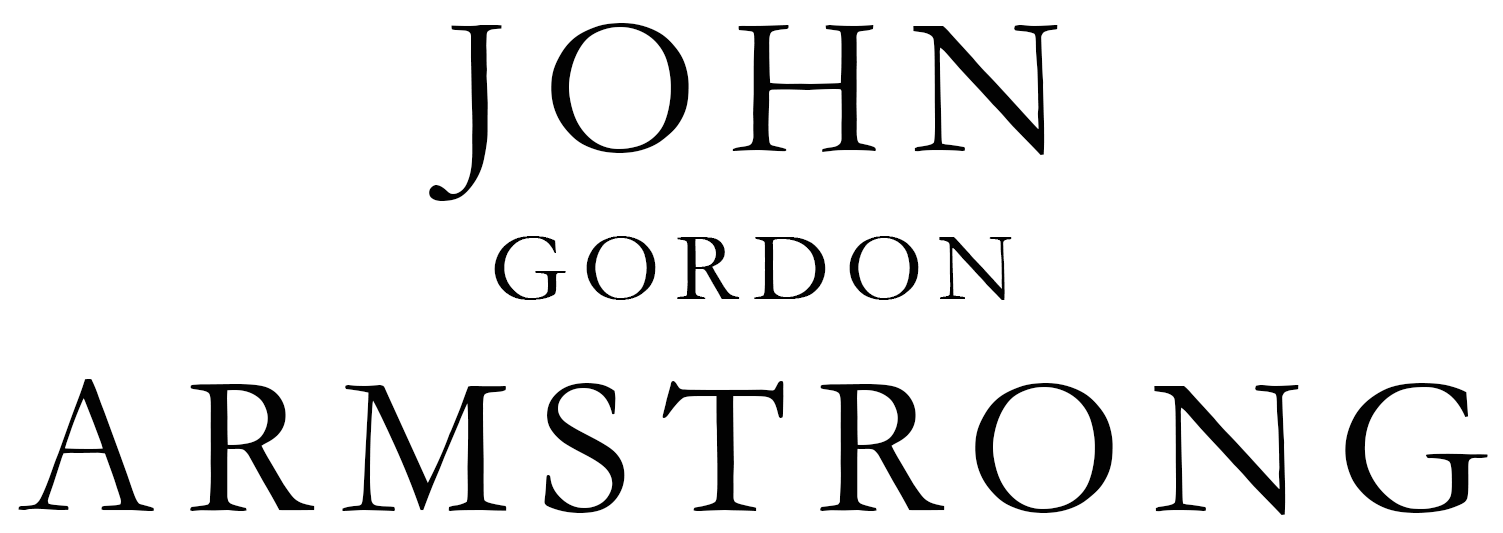ImproVisions
Composed in 1992-1994 for Guitar
1. . . . from silence
2. Locomotor
3. Crystalline
4. Rain
5. Locomotif
“ImproVision” was the name of a performance ensemble at the University of Michigan where I did my graduate studies in composition. That group, which gave me my first exposure to non-jazz improvisation disbanded soon after, but my interest in improvisation remained. ImproVisions is an open-ended set of pieces, each of which use improvisation in some way. Although the five current pieces are presented in a useful order, it is not my intent that they necessarily be performed as a suite. Any number of the pieces my be performed in any order. It was also my intent to continue adding to this collection, although I have not done so. Like many historical composers, I find that writing solo music for my own intrument is the most direct and most satisfying creative act, my opportunity to have full control over the artisic expression. The solo guitar is the instrument that best allows me to discover new ideas, ideas which are often worked out fully through many subsequent pieces for other ensembles.
Guitarists will not find these pieces very difficult technically. The challenge is, within the given parameters, to make musical choices that will express the vision of the composer and the performer.
ImproVisions was premiered on September 30, 1995 by John Armstrong in Freiman Hall at the University of Ottawa.
“… From Silence”
(ImproVisions, 1st Movement)
dedicated to Christopher Lewis
” . . . from silence” began with a practical purpose. I wanted to write a new piece which would be a good concert opener, reasonably easy to play and using techniques which would warm up the hands—strumming, rasgueados, arpeggiated chords and lots of improvisation. Just at the time when I was finishing it, however, my friend, Christopher Lewis was killed in a tragic automobile accident. I could not think of a better tribute than to dedicate this piece to him, a piece with a haunting, poetic quality more suited to an elegy than to the technical exercise I had initially envisioned. Although Christopher would probably not have approved of the extensive use of improvisation, I imagine that he would have appreciated the rigour of the set relationships and the curious asymmetrical symmetry of the prime hexachord [012 569], which results from the piece’s unusual scorditura; the A string is tuned to A-flat and the E string to E-flat. Moreover, as a musician and philosopher intensely drawn to nineteenth-century music and attitudes, he would, I hope, have welcomed the dedication of this piece to his memory by a composer and friend whose work and life he affected so deeply.
The recordings that follow are from my CD, released November 2017.
